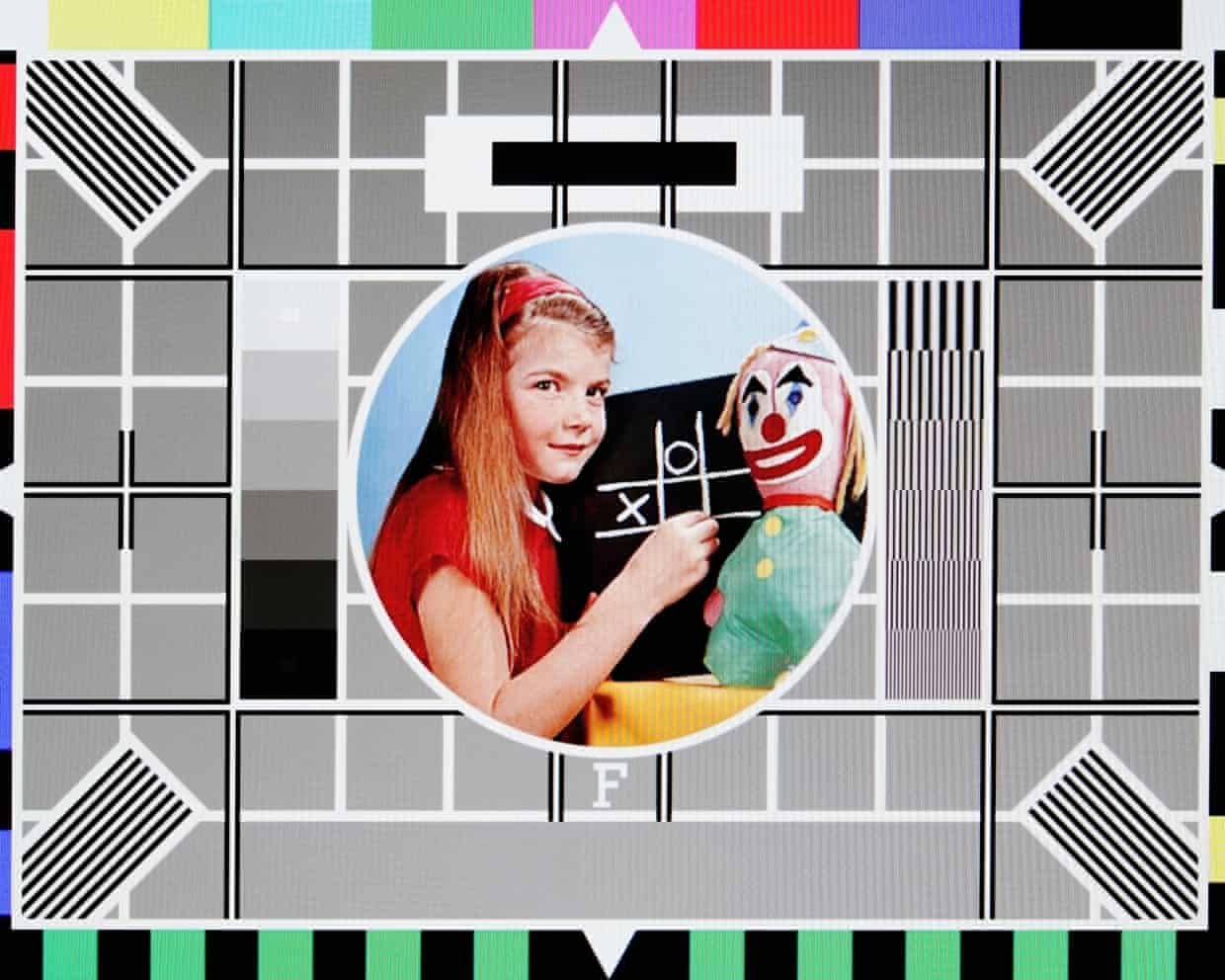Support for Reform UK increasing among British Indians, poll shows

Support for Reform UK among British Indians has tripled since the election, according to polling from a diaspora group that suggests Nigel Farage’s party is gaining ground in some demographics where it has struggled.Research by the 1928 Institute, a group of Oxford academics who analyse the British Indian community, shows backing for Reform has jumped in the past year from 4% to 13%.The findings, which are being released to coincide with Diwali, show support for Farage’s party among Britain’s largest minority ethnic community remains well below the national level.But the increase since the election is far higher than the national average, showing Reform is building momentum in communities where it has traditionally struggled.The report said: “British Indian support for Reform is significantly lower than that of the general UK population.
However, there is a strong upwards trend in support,”British Indians, who form about 3% of the population, are becoming increasingly important swing voters,For decades they were closely allied with the Labour party, which was regarded as being more tolerant of immigrants in the 1960s and 1970s,But those ties have begun to fray as the community has become more established and its policy priorities have started to tally more closely with those of the rest of the population,Social conservatism among Indian voters and growing nationalism among Hindus in particular have helped drive them further right on the political spectrum, researchers say.
A report in 2021 by the Carnegie Endowment for International Peace found Labour’s support for Kashmiri independence during Jeremy Corbyn’s leadership had been a particular turn-off for British Indian voters.Farage has expressed mixed views on south Asian immigration.The Reform leader criticised the government’s recent trade deal with India for making it easier to bring in workers from the subcontinent but said in 2015 that he preferred Indian and Australian migrants to those from eastern Europe.The findings from the 1928 Institute are taken from a report on the demographics and political priorities of the Indian community in the UK.The academics surveyed more than 2,000 voters earlier this year and compared the results with voting patterns last year and a similar poll carried out five years ago.
They found that at the last election 48% of British Indians voted for Labour, 21% for the Conservatives and only 4% for Reform.At the election five years earlier, Reform won just 0.4% of the British Indian vote.Now, however, Labour support stands at 35% with the Indian community, while the Conservatives have collapsed to 18%.Support for the Greens has also risen sharply, especially among younger voters, going from 8% at the election to 13% now.
Sign up to First EditionOur morning email breaks down the key stories of the day, telling you what’s happening and why it mattersafter newsletter promotionThe research shows the shift is being driven in part by changing policy priorities.While Indian voters always put education at the top of their concerns, their second priority has changed from health five years ago to the economy now.Their third priority is crime, having been the environment five years ago.Equalities and human rights has dropped from fifth on the list of priorities to seventh.Nikita Ved, a co-author of the report, said: “Reform UK’s rise is disrupting traditional voting patterns within the British Indian community.
As economic and social frustrations deepen, both major parties may face growing pressure to engage more directly with a community whose political loyalties can no longer be taken for granted,”

Inside San Francisco’s new AI school: is this the future of US education?
In the world’s tech innovation epicenter, an “AI-powered” private school has made headlines for unabashedly embracing the technology.Alpha School San Francisco, which opened its doors to K-8 students this fall, is the newest outpost of a network of 14 nationwide private schools. Its learning model entails just two hours of focused academic work per day, during which the school says students can learn twice as fast as their counterparts in traditional schools – with the help of artificial intelligence.AI, Alpha says, is central to the school’s learning philosophy, brand and impact on students.Alpha is not alone in its efforts to incorporate AI into the classroom

The platform exposing exactly how much copyrighted art is used by AI tools
Ask Google’s AI video tool to create a film of a time-travelling doctor who flies around in a blue British phone booth and the result, unsurprisingly, resembles Doctor Who.And if you ask OpenAI’s technology to do the same, a similar thing happens. What’s wrong with that, you may think?The answer could be one of the biggest issues AI chiefs face as their era-defining technology becomes ever more ubiquitous in our lives.Google and OpenAI’s generative artificial intelligence is supposed to be just that – generative, meaning it develops novel answers to our questions. Ask it for a time-travelling doctor, you get one that their systems have created

Are we living in a golden age of stupidity?
From brain-rotting videos to AI creep, every technological advance seems to make it harder to work, remember, think and function independently …Step into the Massachusetts Institute of Technology (MIT) Media Lab in Cambridge, US, and the future feels a little closer. Glass cabinets display prototypes of weird and wonderful creations, from tiny desktop robots to a surrealist sculpture created by an AI model prompted to design a tea set made from body parts. In the lobby, an AI waste-sorting assistant named Oscar can tell you where to put your used coffee cup. Five floors up, research scientist Nataliya Kosmyna has been working on wearable brain-computer interfaces she hopes will one day enable people who cannot speak, due to neurodegenerative diseases such as amyotrophic lateral sclerosis, to communicate using their minds.Kosmyna spends a lot of her time reading and analysing people’s brain states

Parents will be able to block Meta bots from talking to their children under new safeguards
Parents will be able to block their children’s interactions with Meta’s AI character chatbots, as the tech company addresses concerns over inappropriate conversations.The social media company is adding new safeguards to its “teen accounts”, which are a default setting for under-18 users, by letting parents turn off their children’s chats with AI characters. These chatbots, which are created by users, are available on Facebook, Instagram and the Meta AI app.Parents will also be able to block specific AI characters if they don’t want to stop their children from interacting with chatbots altogether. They will also get “insights” into the topics their children are chatting about with AI characters, which Meta said would allow them to have “thoughtful” conversations with their children about AI interactions

AI chatbots are hurting children, Australian education minister warns as anti-bullying plan announced
A disturbing new trend of AI chatbots bullying children and even encouraging them to take their own lives has the Australian government very concerned.Speaking to media on Saturday, the federal education minister, Jason Clare, said artificial intelligence was “supercharging” bullying.“AI chatbots are now bullying kids. It’s not kids bullying kids, it’s AI bullying kids, humiliating them, hurting them, telling them they’re losers … telling them to kill themselves. I can’t think of anything more terrifying than that,” Clare said

UK MPs warn of repeat of 2024 riots unless online misinformation is tackled
Failures to properly tackle online misinformation mean it is “only a matter of time” before viral content triggers a repeat of the 2024 summer riots, MPs have warned.Chi Onwurah, the chair of the Commons science and technology select committee, said ministers seemed complacent about the threat and this was putting the public at risk.The committee said it was disappointed in the government’s response to its recent report warning social media companies’ business models contributed to disturbances after the Southport murders.Replying to the committee’s findings, the government rejected a call for legislation tackling generative artificial intelligence platforms and said it would not intervene directly in the online advertising market, which MPs claimed helped incentivise the creation of harmful material after the attack.Onwurah said the government agreed with most of its conclusions but had stopped short of backing its recommendations for action

From After the Hunt to the Last Dinner Party: your complete entertainment guide to the week ahead

The Guide #213: Should we mourn the demise of TV channels?

Jimmy Kimmel on the Republicans: ‘So much greed and hypocrisy and duplicity’

Laurence Fox’s libel claim over racism accusations to go to retrial

Blue plaque to be unveiled at home of Thomas the Tank Engine creator

Jimmy Kimmel: ‘Trump’s inner circle knows how dangerous the incessant misinformation from Fox News can be’